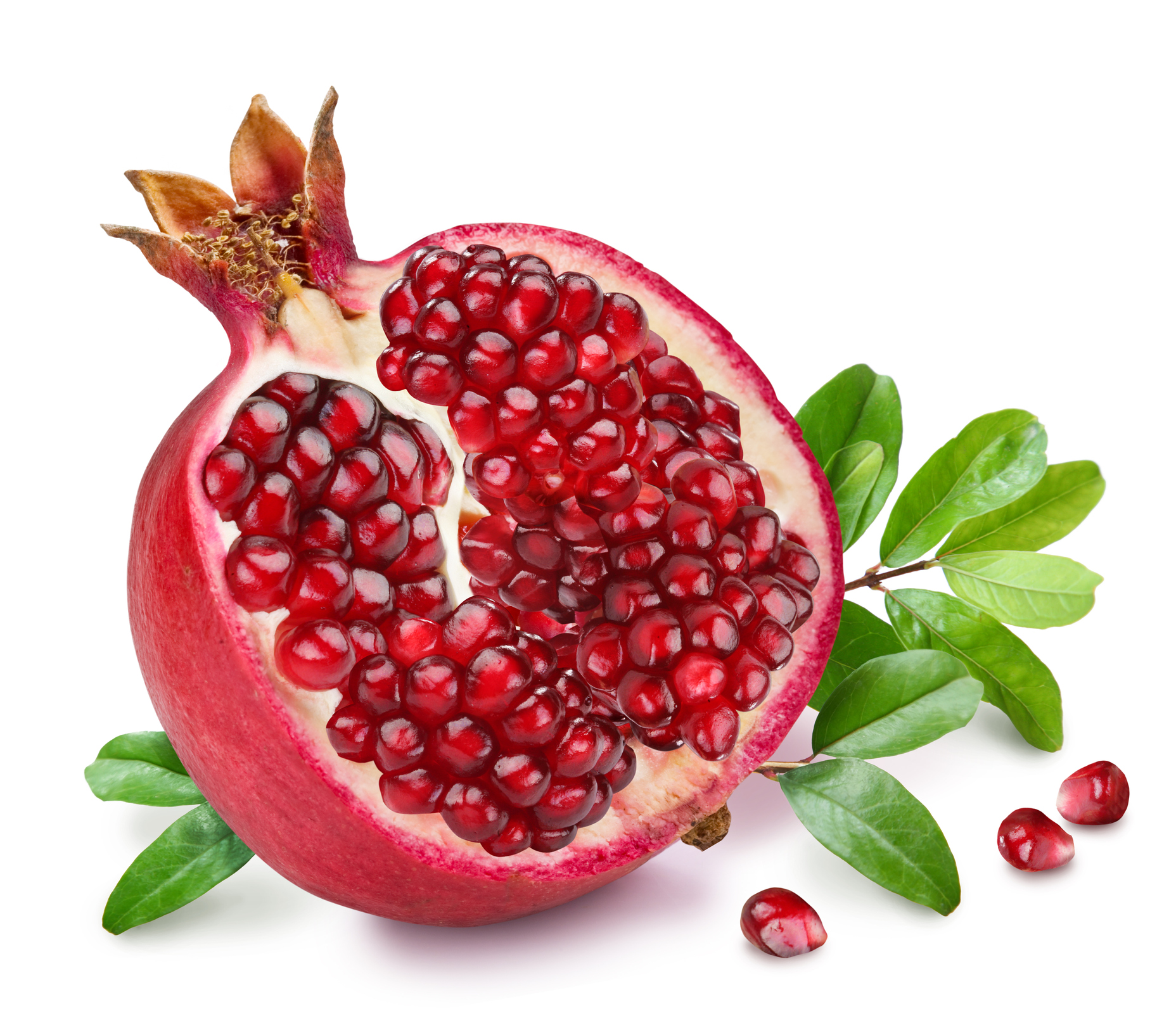Rheumatoid arthritis ( RA ) is the most common type of autoimmune arthritis, affecting more than 1.3 million Americans. There is no cure for RA but drug treatment options can help relieve symptoms and prevent joint damage; lifestyle choices including dietary changes may also improve symptoms and avoid triggers that worsen RA.
Recent studies have found that changes in diet can have a positive effect on RA symptoms and early signs of the disease can be potentially delayed with dietary interventions, according to research published in Frontiers in Nutrition. A diet including plenty of greens, seasonal fruits, probiotic yogurt and anti-inflammatory spices like turmeric and ginger can help patients better manage RA symptoms. Patients with RA should avoid processed foods as well as high levels of salt, sugar, butter and animal products. Supplements including vitamin D, cod liver oil and multivitamins may also help in managing RA.
Recommended anti-inflammatory foods
- Fruits: Dried plums, grapefruits, grapes, blueberries, pomegranate, mango (seasonal fruit), banana, peaches, apples
- Cereals: Whole oatmeal, whole wheat bread, whole flattened rice
- Legumes: Black soybean, black gram
- Whole grains: Wheat, rice, oats, corn, rye, barley, millets, sorghum, canary seed
- Spices: Ginger, turmeric
- Herbs: Sallaki, ashwagandha
- Oils: Olive oil, fish oil, borage seed oil (in encapsulated form)
- Miscellaneous: Yogurt (curd), green tea, basil (tulsi) tea
Women are at a two to three times greater risk for RA and symptoms, including pain, stiffness and fatigue generally appear between the ages of 30 and 60. Low impact aerobic exercise can help strengthen muscles and fight the fatigue associated with RA. Swimming, walking and gentle water aerobics are good initial choices for people diagnosed with RA. Because stress can worsen symptoms it’s also important for RA patients to find ways to relax using deep breathing, guided imagery or meditation techniques.
Learn more about anti-inflammatory diets and eating the right foods for Rheumatoid Arthritis by following this link to the Arthritis Foundation website.






Add Your Voice
0 Comments
Join the Discussion